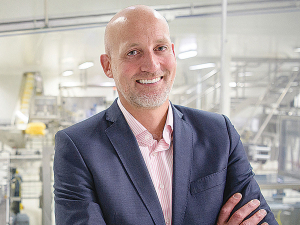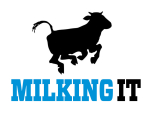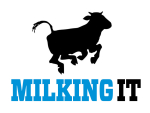The Canterbury milk processor posted its annual results last week, stating the average payout was made up of a base milk price of $6.40 and an additional $0.18 in incentive payments.
For the year ending July 31 the company’s net profit jumped 10% to $82 million. Annual revenue exceeded $1 billion for the first time.
Synlait says its financial result was characterised by ongoing growth in infant nutrition volumes, strong efficiency gains and an expansion in lactoferrin capacity and resulting sales.
These three factors contribute to an increase in total gross profit of 12%.
Financial performance was supported by a sustainability agenda as the company progressed commitments made last year.
It switched on New Zealand’s first large-scale electrode boiler at its Dunsandel plant in March 2019.
“This was a key sustainability milestone for our team as we aim to radically reduce our carbon footprint by 2028,” said chief executive Leon Clement.
“Culture and community are also critical to building a healthier Synlait for our people to work in. We launched Whakapuāwai, our latest sustainability commitment in June, which gives employees an opportunity to engage with their communities, milk suppliers and iwi to make a personal contribution to environmental restoration with native trees.
“A record 43 farms were Lead With Pride certified, reaffirming our commitment to healthier farming practices. A new palm kernel expeller (PKE) free incentive was also taken up by 63 milk suppliers.”


















